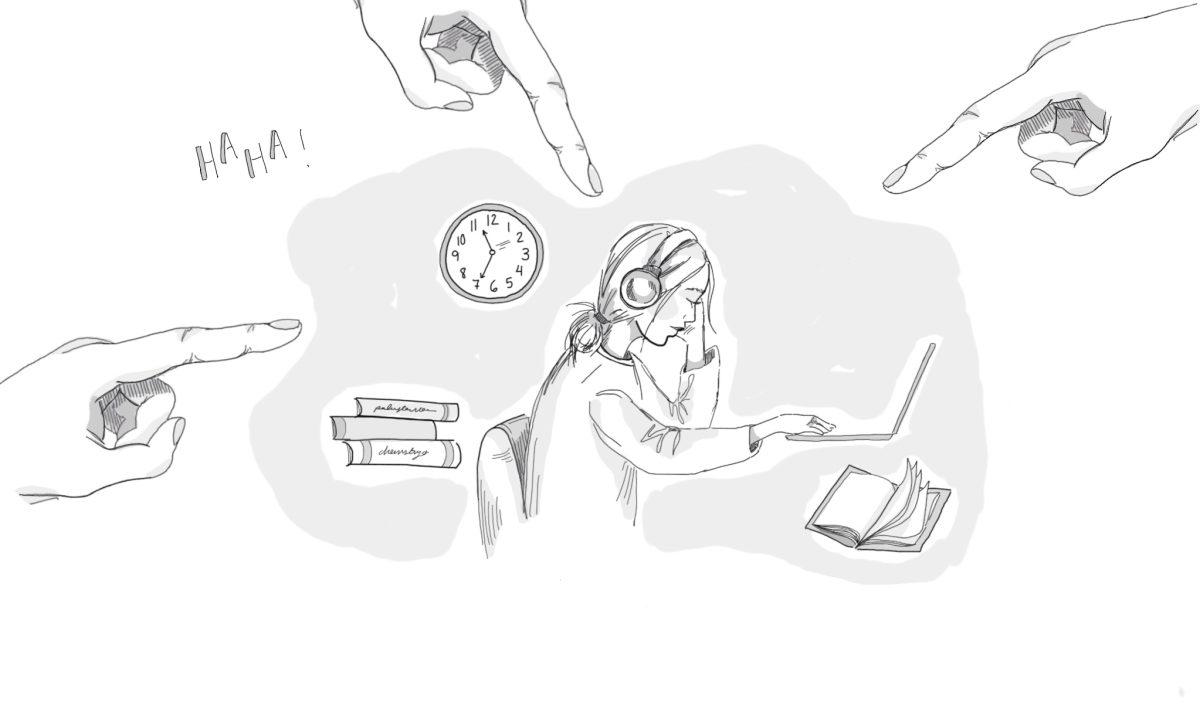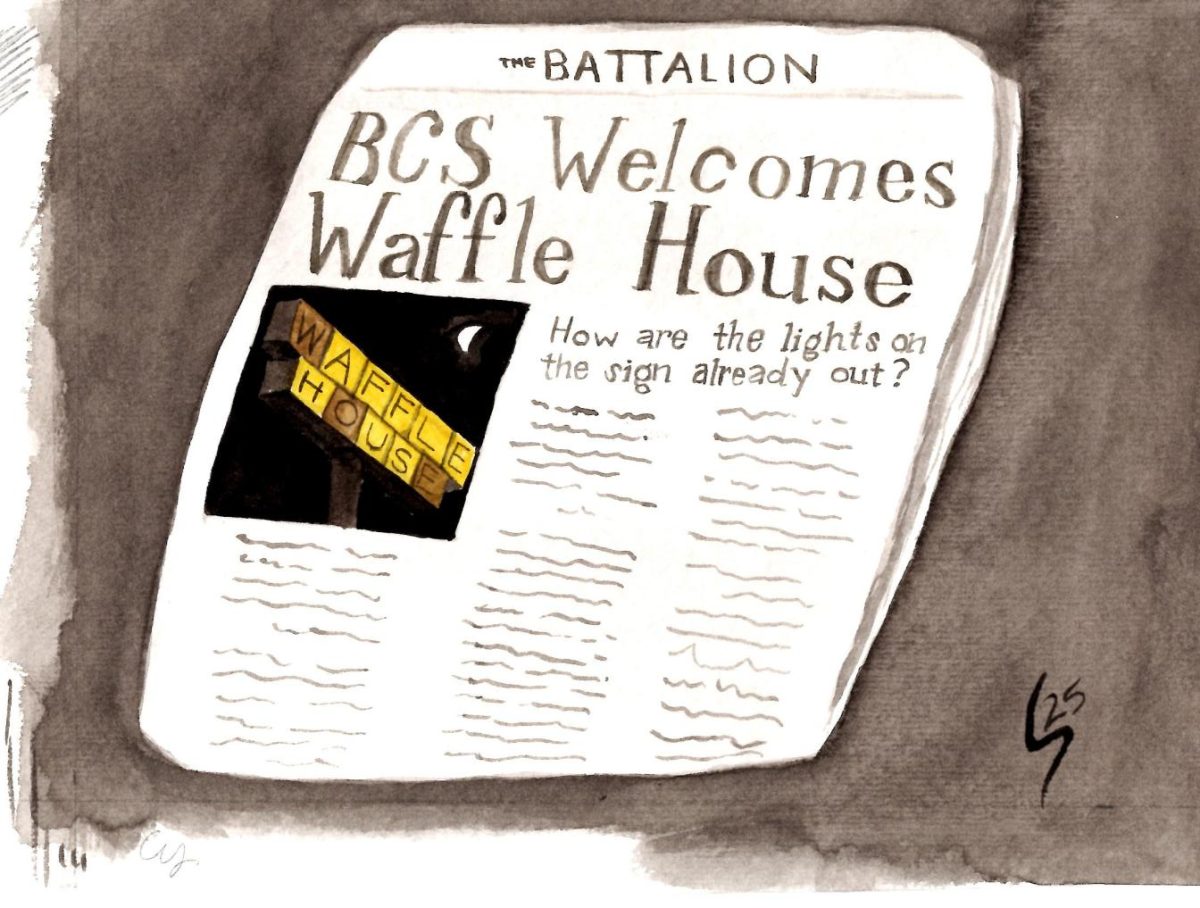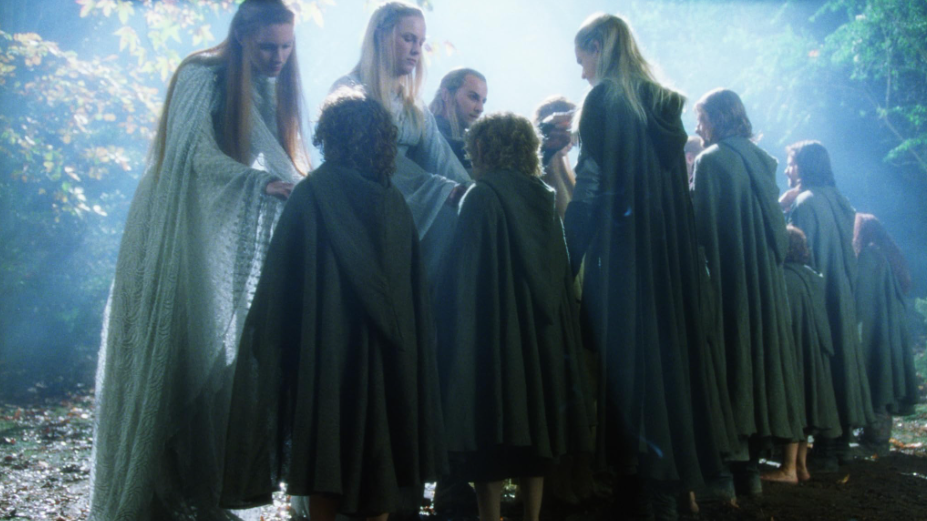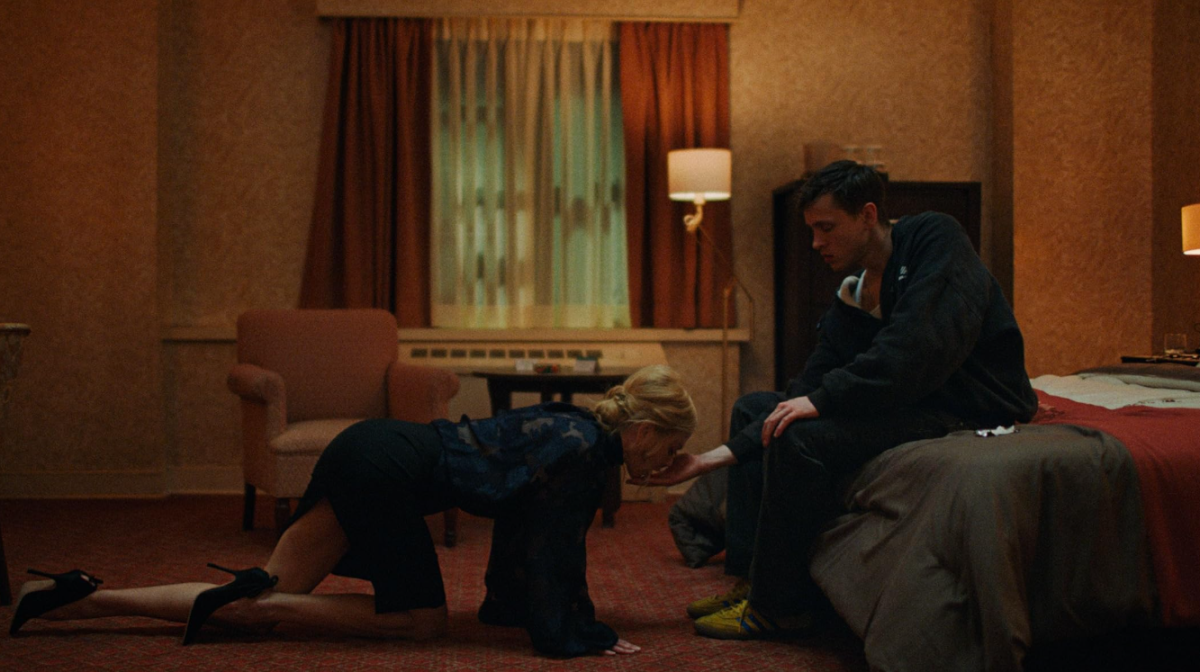If there’s anything that screams America better than deep-fried Twinkies and rampant consumerism, it’s the classic smart vs. popular trope found in Hollywood movies.
Think character clashes in The Breakfast Club; Peter Parker vs. Flash Thompson in The Amazing Spider-Man; high school rivalries in Stranger Things or Ross’s entire persona in Friends.
In these plots, and countless others, smart predictably equals automatic uncoolness, while popularity is defined by social clout and a lack of academic interest. But those are simply fictional films, created for entertainment purposes and box office breakthroughs. In the real world — where parents, teachers and leaders alike all emphasize the importance of an education — any “not caring is cool” sentiments hold little power … Right?
Wrong.
Unfortunately, this anti-intellectual theme isn’t solely confined to the fictional world of screens and scripts. No, this detrimental culture is equally powerful in real life, an inescapable plague for even a 20-year-old college student such as myself.
I’m a political science major. My entire degree is built on reading, writing papers, reading, text analyses, reading, discussions … did I mention reading? A typical study session looks like hours spent in Evans annotating articles and textbooks, taking notes, outlining papers and drinking about three cups of coffee to fight off the devious clutches of sleep.
Sometimes I find the material fascinating. Other times, I’m convinced a twenty-page terms and conditions agreement or car manual could present more interesting content. Nonetheless, I stay up to date on all assignments and try my best to attend lectures.
Arguably the bare minimum, yet this dedication somehow never fails to appall or amuse others:
“You go to class? I haven’t been in weeks.”
“You spent more than an hour writing the 1600-word paper? I started it the night it was due.”
“You don’t need to do the readings. I haven’t even looked at one since the semester started.”
To preface, I’m perfectly aware that every student has different studying habits, schedules, priorities and lives. Motivation is elusive, and Canvas dashboards can stir a Pavlovian trauma response.
Regardless, I will never understand the point of comments like these. As a recipient of such remarks, what irks me is the undertone of scoffing surprise. Belittling in nature, they imply that effort in academics is unnecessary or laughable — which couldn’t be further from the truth.
My deepest apologies for sounding like an insufferable helicopter parent, but isn’t the entire point of pursuing higher education to learn? Skimming through four years of classes and gaining basically nothing from the experience sounds like a waste of time and thousands of tuition dollars. As current Aggies, we’re privileged to have the means to attend college. Why not make the most out of it? Making students feel like try-hards for wanting to do so is nothing short of ridiculous.
Not to mention, imagine if the script were flipped:
“You haven’t been to class in weeks? I go every day.”
“You wrote the 1600-word paper the night it was due? I started a week in advance.”
“You should do the readings; I’ve read every one.”
If some person turned to you and said these things in the middle of class or while studying, you’d feel patronized. Annoyed. Judged. Understandably, it might become a personal mission to avoid sitting next to them for the rest of the semester.
Though both serve the same purpose — commenting on someone else’s study habits — one is considered common and amusing while the other is condescending and a little cringe. This double standard highlights a curious phenomenon, which is that we students seem to feel more comfortable admitting to and even glorifying our indifference to academics.
Ironic.
Exploring the causes of such an attitude may be beyond the scope of an opinion article, but what I can say with certainty is we can do better.
Trying is cool. Giving your 100% is cool. Wanting to learn is cool. Showing up is cool. Being passionate about your studies is cool. Not to sound like a Dhar Mann inspirational video or mega-woke-motivational Tiktok, but at the end of the day, any other narrative only harms personal potential.
After all, who was ultimately able to invent high-tech suits, swing between skyscrapers and become NYC’s most beloved superhero: Peter or Flash?
Ana Sofia Sloane is a political science sophomore and opinion columnist for The Battalion.

















